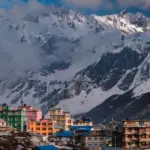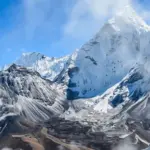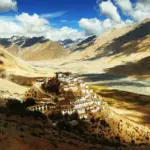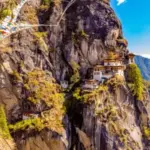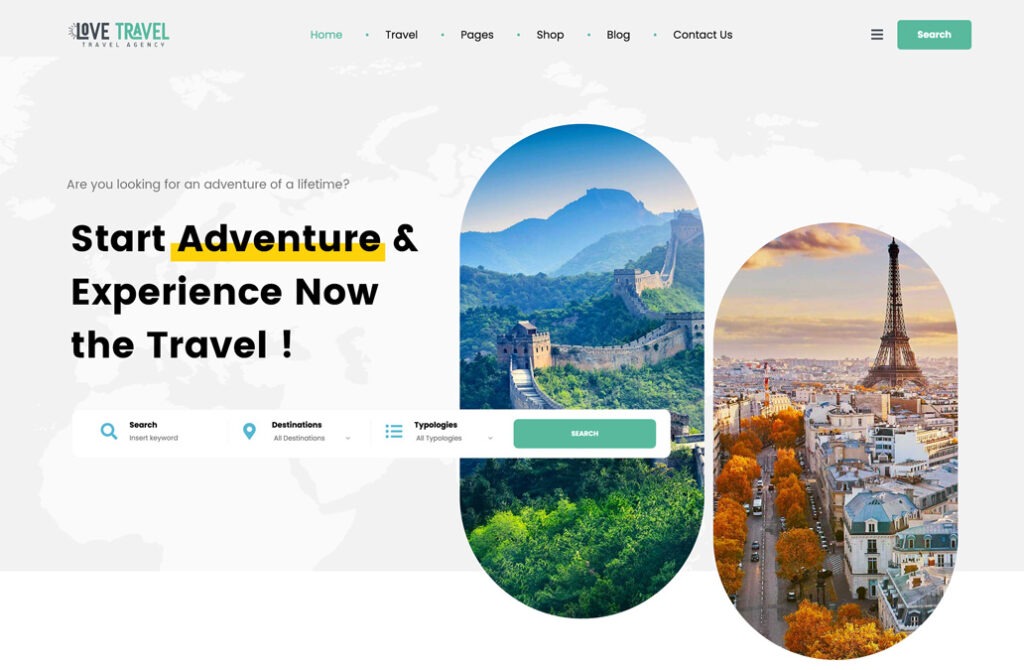
Discover the World, one Full Adventure at a Time!
-
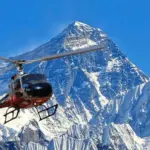
- Breathtaking Mount Everest view Kala Pathar in Everest Three Passes Trek
Our Contacts
Address
Trek & Adventure Nepal keshar mahal, Thamel ,Kathmandu, Nepal
info@trekandadventurenepal.com
Phone
Travel Agency +977-01-5912395
Travel Agency +977-9849269089
